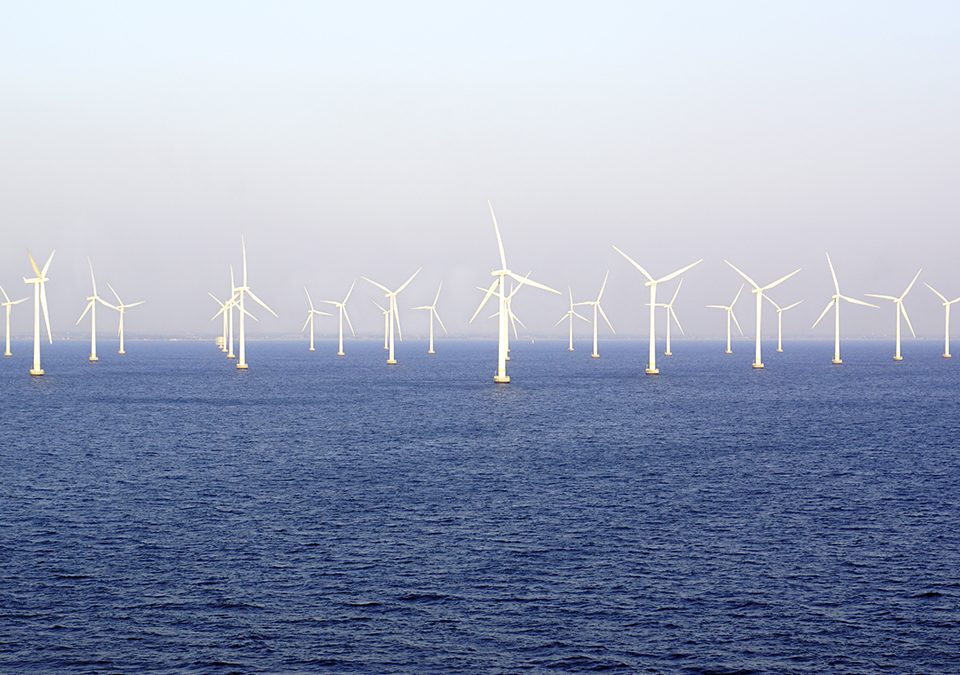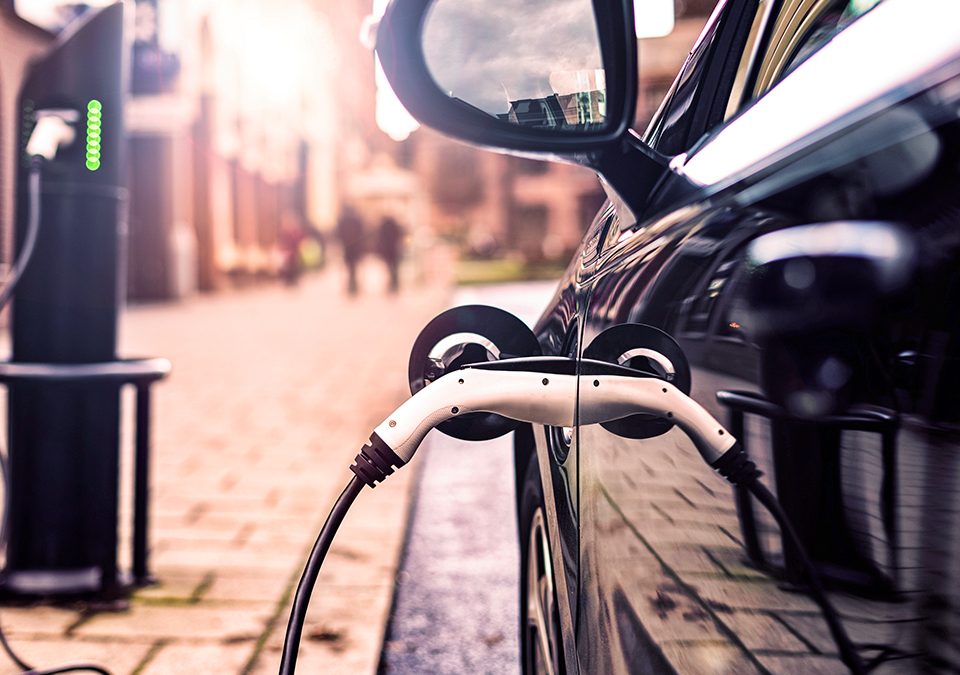If Texas Officials Want to Beef Up Electric Reliability, Just Look at Alabama

Biden Administration Approves Major Offshore Wind Sites, Storage Still needed
October 15, 2021
There is nothing more important for power customers than ensuring that electricity is available through all conditions, including extreme winter weather. Events such as Winter Storm Uri last February remind us of the need to adequately prepare for all circumstances that stress our power production capabilities.
Texas regulators are now contemplating reliability measures to prevent the catastrophic power outages that took place during Uri. As they do so, they need look no further than Alabama. In June of 2020, the three-member Alabama Public Service Commission took decisive action to approve new power resources for the state’s largest electric utility, Alabama Power, that would increase the utility’s winter reserve margin. The plan also involves “demand-side management” programs that use energy efficiency to shave 200 megawatts off of peak demand. The $1.1 billion initiative helps ensure that quick-start resources such as natural gas are available during low temperatures that swell customer demand for power.
Texas is having a similar thought. Under a recent proposal from wholesale power generators, NRG Energy and Exelon, load-serving entities or the retail electric providers would “need to make a showing to demonstrate procurement of sufficient reliability resources to cover their share of total system reliability requirements beginning one year before the compliance season.” In other words, the Texas Public Utilities Commission is putting retail electric providers on notice that they need to have adequate power supplies to meet peak demand so that their customers aren’t left in the dark like they were during Uri.
The NRG and Exelon proposal makes sense. Millions of Texans were plunged into darkness as the state’s grid was caught off-guard by inadequate access to frozen natural gas facilities for reserve power generation, record peak demand, and, frankly, a grid that just wasn’t prepared for a catastrophic winter weather event like Uri. Not only did the lights go out, but millions of Texans suffered through historic cold temperatures without electric heat, since 60% of homes in the state have electric heat.
What happened last February in Texas illustrates the necessity of having a regulated marketplace to ensure the delivery of not only affordable electric service, but reliable electric service also. According to a Michigan Public Service Commission report, eight of the top 10 states with the highest retail electric rates are in states with deregulated or retail choice marketplaces. The bottom 10? Not surprisingly, they are all in regulated marketplaces. But low power rates don’t matter much when consumers don’t have power at all.
That’s what we said back in March when retail electric providers in the Texas deregulated marketplace couldn’t ensure reliability for their consumers when they needed it most.
“Put simply; it wasn’t an electricity source that failed customers in Texas’ mostly deregulated marketplace. It was an electricity system. That’s because while regulated electricity markets are designed to serve customers, deregulated electricity markets are made to serve power providers.”
“Blasted by winter storms that sent demand soaring to a seasonal record of 69,150 MW on Valentine’s Day, the Texas grid simply couldn’t deliver. That’s because the power system in Texas wasn’t designed to deliver power to customers. It was designed to deliver revenue to the patchwork quilt of companies that participate in its marketplace.”
The events leading up to the devastating power outages brought on by Uri contrast starkly to the action taken by the Alabama Public Service Commission in June 2020. Unlike Texas, Alabama chose to be ahead of the curve in preparing for extreme winter conditions.
Ensuring power reliability is job number one for electricity regulators. The proactive action taken by Alabama regulators was a monumental step in the right direction for all those who rely on the state’s largest power provider for reliable power delivery. Moving forward, Alabama ratepayers will reap the benefits of low-cost natural gas that not only drives costs savings and reductions in greenhouse gas emissions, but also keeps the lights on years into the future. Regulators nationwide would do well to heed the example.



